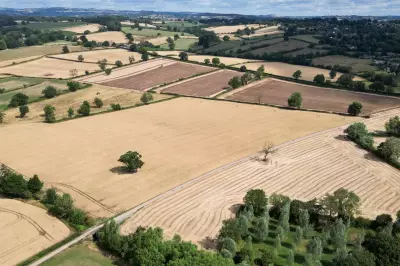
The Mississippi River, a vital artery for trade and ecology in the United States, has reached alarmingly low water levels due to an unrelenting drought in Georgia. This unprecedented drop is causing significant disruptions to shipping routes and posing severe risks to aquatic life.
Economic Impact on Trade and Transport
Commercial vessels navigating the Mississippi are facing increasing difficulties as water levels continue to decline. Barges carrying essential goods such as grain, oil, and construction materials are being forced to lighten their loads, leading to delays and rising transportation costs.
"We're seeing a 20-30% reduction in cargo capacity," reports a local shipping operator. "This bottleneck could have ripple effects across the national supply chain."
Environmental Consequences
The drought's impact extends beyond commerce. Wildlife experts warn that shrinking water levels are threatening fish populations and other aquatic species that depend on the river's ecosystem.
- Endangered freshwater mussel species are particularly vulnerable
- Migratory bird patterns may be disrupted
- Saltwater intrusion from the Gulf could damage freshwater habitats
Long-Term Climate Concerns
Meteorologists attribute the extreme conditions to changing weather patterns exacerbated by climate change. "This isn't just a seasonal fluctuation," warns a climatologist from the University of Georgia. "We're witnessing a fundamental shift in regional hydrology that demands immediate attention."
Local authorities are implementing water conservation measures while monitoring the situation closely. With no significant rainfall forecast in the coming weeks, the crisis shows little sign of abating.





